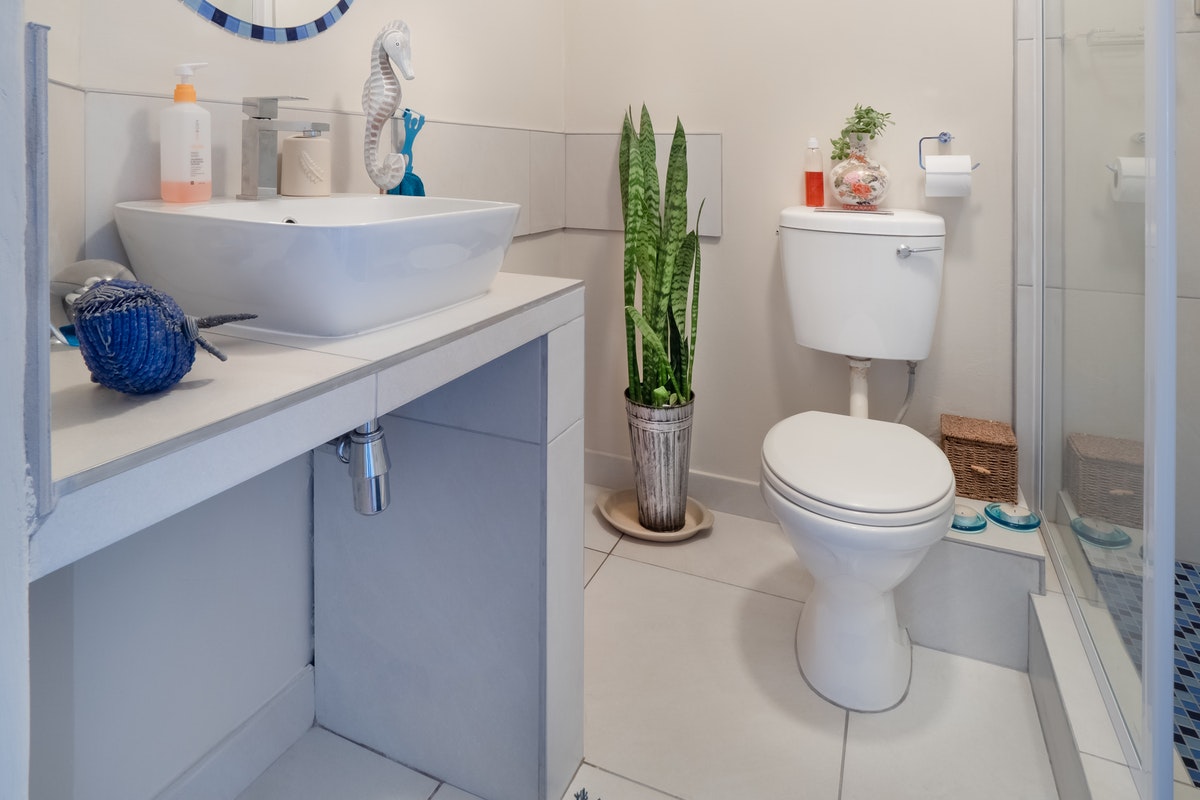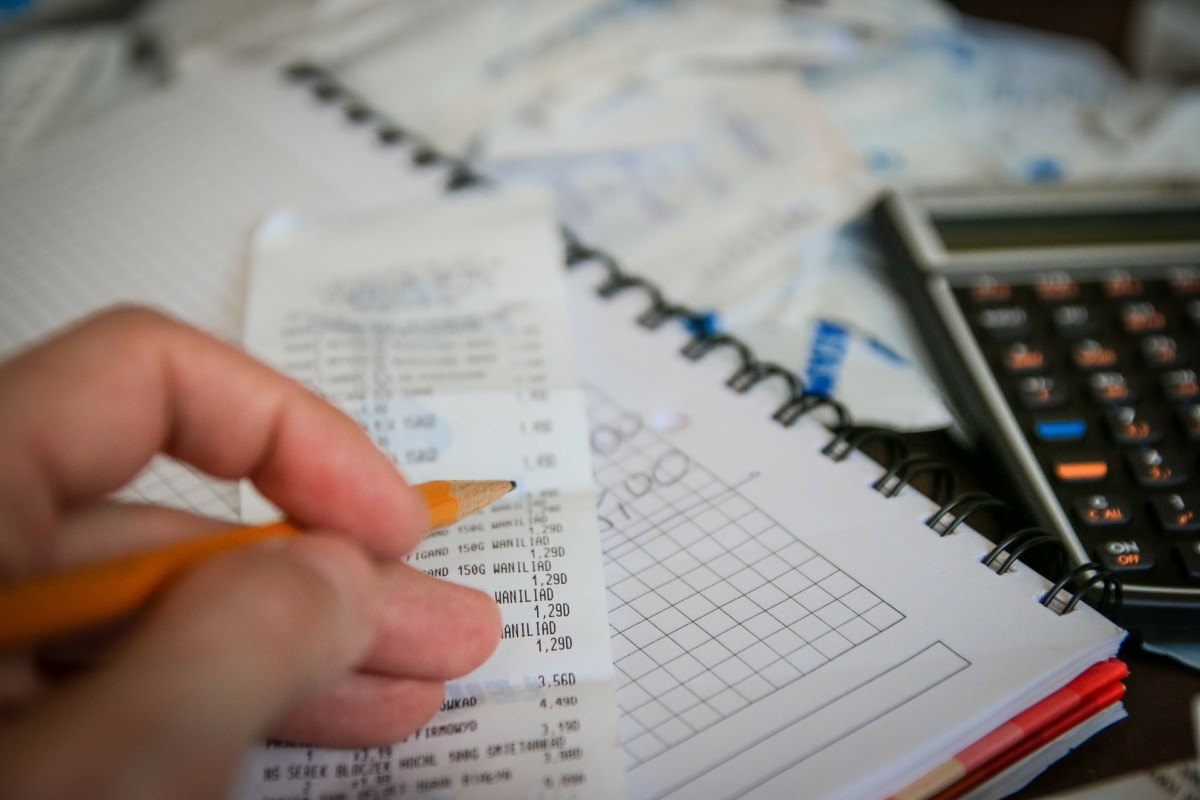Every committed landlord strives to keep their property marketable while maintaining it’s safety and habitability for tenants. Determining who’s responsible for plumbing and toilet repairs continues to be a bone of contention between the landlord and renters.
During tenancy, each party has a role to play.
It‘s the landlord’s duty to provide all sanitation facilities and do all maintenance to eliminate health hazards. On the other hand, it’s well within your rights as a landlord to expect the property handed back to you at the end of the tenancy in the same condition it was at the beginning.
There are a few exceptions though.
“Wear and tear” or aging are inevitable.
As such, to assume that an item depreciates even when not in use is reasonably fair.
Tenant’s toilet repair responsibilities
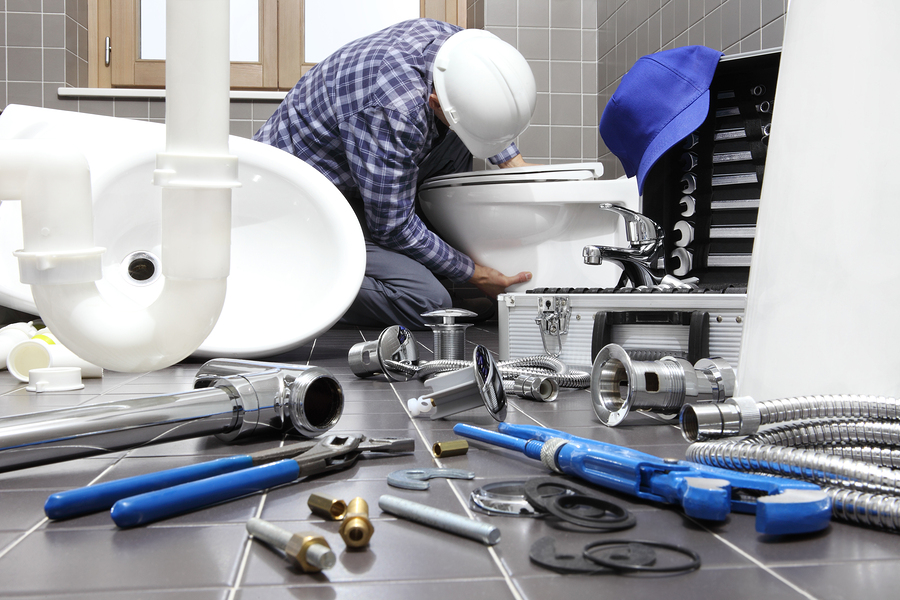
Bad exploitation is one of the causes that leads to loose, broken sanitary fittings or clogged sewer.
A tenant’s role is to do day-to-day care of the restroom.
Tenant-caused malfunctions occur frequently. Renters are expected to fix them on their own.
However, if the problem is persistent even after servicing, it’s good to inform the landlord, and to raise some amount towards compensating for the assistance given.
Related post: Can a Landlord Charge for Changing Locks
Hard water is responsible for most clogging issues in the sanitary systems. Limescale that accumulates as a result, is particularly notorious in blocking areas around the nozzles and outlets.
This may not be entirely the renter’s fault. But, considering daily maintenance falls squarely in the tenant’s docket, such situations should be dealt with by the occupier of the apartment.
Sanitary problems that a tenant can face are numerous. Leaking faucets is yet another common nuisance home dwellers will need to rectify whenever they face them.
Otherwise, they’ll need to deal with a bloated water bill if there’s constant leakage from taps that are not closing properly.
Seeing that this is a trivial issue, handy tenants mostly repair faulty faucets on their own easily.
Overall, what can be considered negligence in keeping the toilet clean and in working order lies wholly with the tenant.
Leaking pipes and water shortages are, however, major plumbing concerns that can damage the property in the long run.
They fall under the structural aspects of the property.
As soon as tenants become aware of such matters, they should report them to the landlord immediately to prevent bursts and flooding.
Uncontrolled toilet systems can mess up the entire property and the environment if not acted upon immediately.
Apart from serious water service leaks, another emergency problem that will require the property owner’s attention is a serious roof leak in the toilet.
Does landlord pay for clogged drain
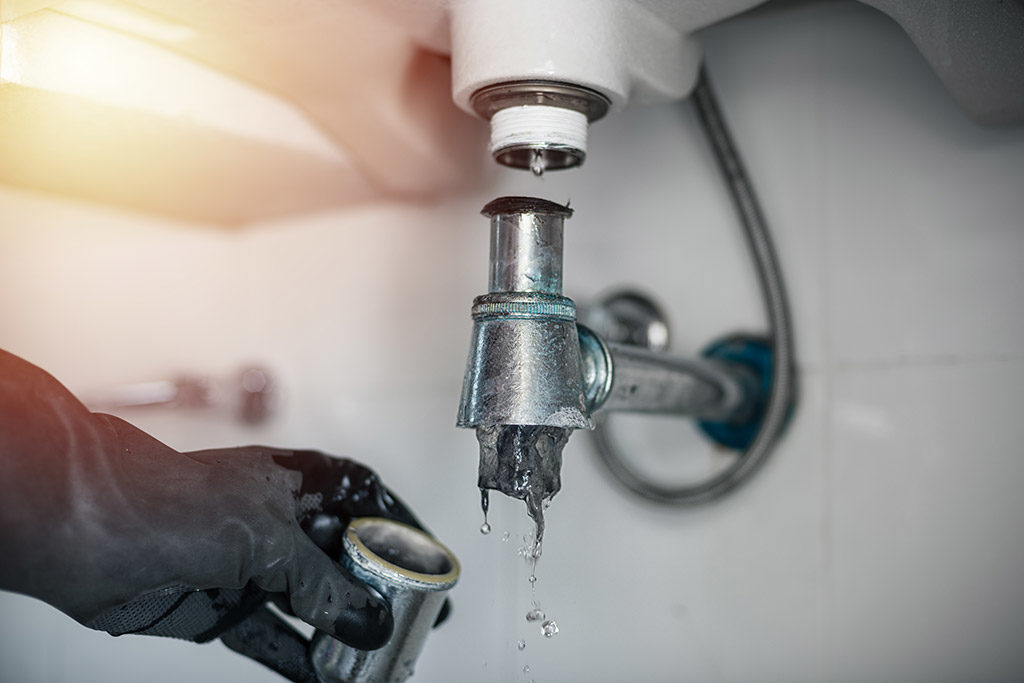
First things first, the tenancy agreement stipulates landlord and tenant roles.
But that’s not to say expectations won’t clash due to blurred lines of responsibilities.
For instance, a tenant may argue that the clogged sink is due to blockage further down the drainage pipe that had nothing to do with them.
But on the other hand, to the landlord the issue simply emanated from pouring cooking fat or solid waste down the sink.
Just as it is with showers, flues, pipes and ventilation, it’s the landlord’s primary responsibility to make sure the apartment has running water and standardized sanitation.
This also includes overhauls and adjusting plumbing works.
Any minor repairs due to misuse or neglect by inhabitants are covered by the tenant.
Typically, the expenses of removing clogs caused by hair, food or small objects are met by the users.
How to keep drains clear
Various measures should be in place to minimize clogs.
Most importantly, be mindful of what you let wash down in them. Here’s more:
- Avoid pouring cooking fat, oil or grease in drains
- Use disposable towel or cloth to remove grease from pots and dishes before washing utensils
- Prevent garbage disposal from overloading
- Fibrous and stringy food should not find their way into the disposal
- Bottle caps, coins, and solid objects should be removed from the drain
- Keep starchy foods like potato peels and rice out of the drain
- Make use of sink strainer and mesh screens
Is caulking normal wear and tear
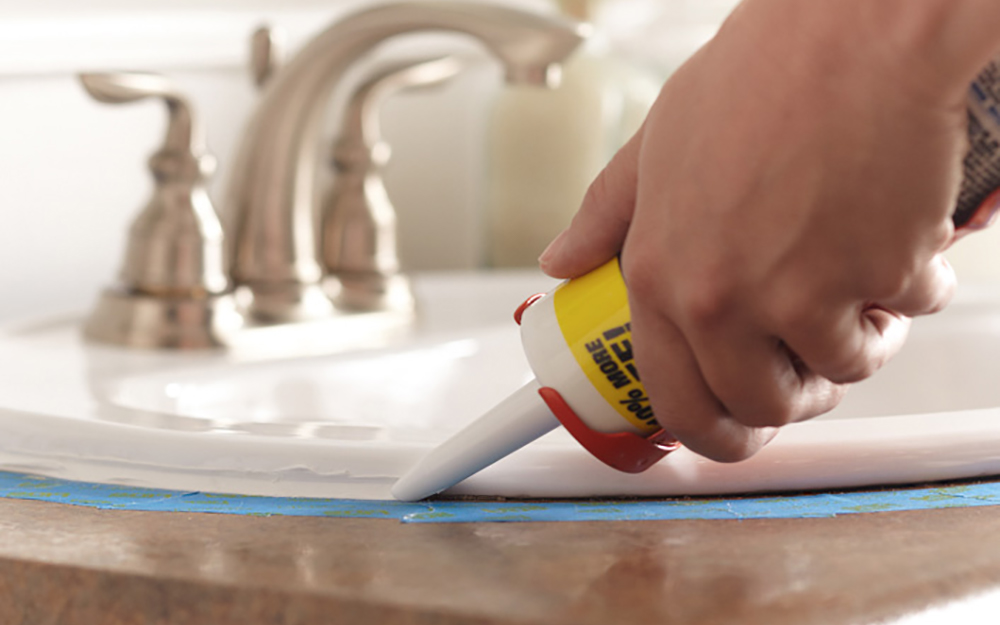
When the tenancy agreement is signed by the renters, they declare that they’ll give deposit funds as security towards damages.
In the event the tenant leaves the apartment in acceptable condition, the landlord returns this money as required by the law.
Normal wear and tear occurs even in the absence of carelessness.
Regular daily use will often result in items in the house depreciating.
Such items as electrical switches, caulking, faded curtains or tiled floor, deteriorate in reasonable measure when in constant use and does not constitute abuse of the premises.
By going beyond normal use, as in the case where the tenants, their guests or pets inflict destruction to the rental house, then that amounts to damages.
Destroying furniture by burning or paint by large stains on the wall, will attract charges that will be deducted from the security deposit.
Conclusion
Tenants will request the landlord to improve certain structures of the apartment such as security doors and carpets. You can choose to undertake them as long as the lease agreement permits.
Sometimes, tenants can choose to do it at their own cost, which is fine if they don’t insist on being refunded.
If they do, then, such agreement should be made in writing.
Failures and fixtures are normal encounters during tenancy.
No matter what self-inflicted destruction the tenant causes to the premise, it’s not in the place of the landlord to leave the apartment without access to running water, or withhold rent for that matter.
A tenant in a dire situation where the owners neglect their responsibility, will be in a position to cancel the lease agreement and take legal action.

